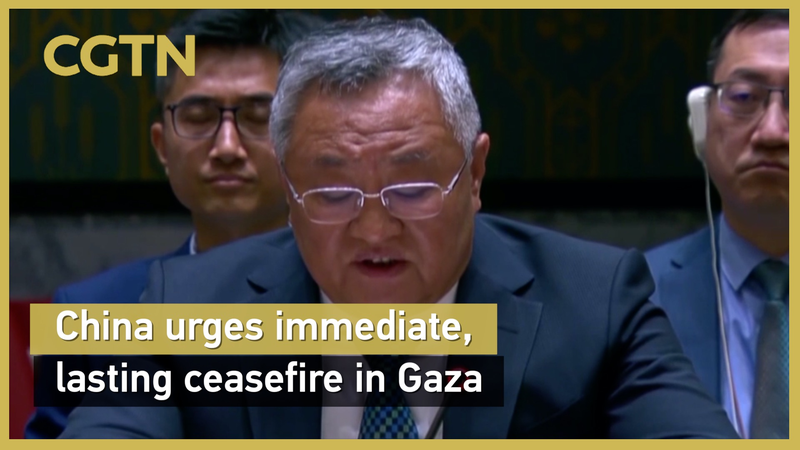Against the backdrop of one of the most intense periods of violence in Gaza in recent memory, China’s permanent representative to the UN Fu Cong took the floor at a Security Council meeting on May 28 to deliver a stark warning: the world cannot afford to wait any longer for a ceasefire.
Condemning the escalation of military actions that have claimed over 1,000 civilian lives in just two weeks, Fu Cong emphasized that an immediate halt to hostilities is both urgent and essential. “Civilians are paying the price,” he said, calling on all parties to agree on lasting protection measures and unfettered humanitarian access.
Beyond the human toll, the conflict is sending shockwaves through global markets. Oil prices jumped over 5% in early trading, and supply-chain disruptions in key Mediterranean routes have begun to ripple into sectors from tech components to consumer goods. Young entrepreneurs and digital nomads tracking emerging-market trends are now watching closely for any shifts in energy costs or transport corridors.
For thought leaders and changemakers, Fu Cong’s appeal underscores a broader challenge: bridging political divides with tangible humanitarian relief. Aid agencies report that more than 100,000 people have been displaced in northern Gaza alone, with medical supplies running critically low. China urged all UN members to fund relief corridors and protect civilians under international law.
As the international community grapples with this crisis, the message is clear: durable peace in Gaza will require sustained diplomacy and real-world impact. For young global citizens, business professionals, and activists alike, this moment is a call to engage—online, in policy circles, and on the ground—to ensure that a ceasefire is more than a momentary pause, but a pathway to stability and hope.
Reference(s):
cgtn.com




